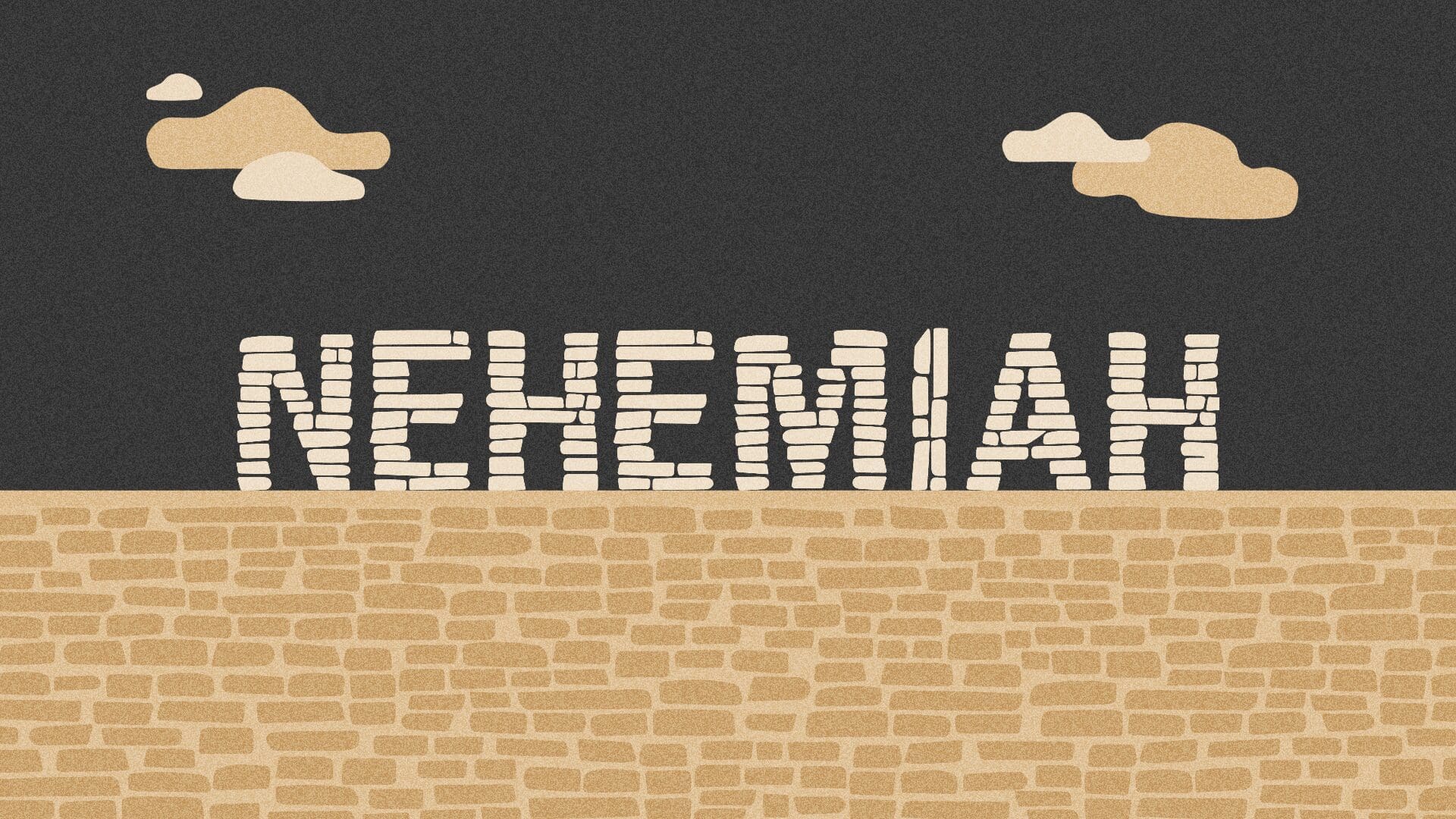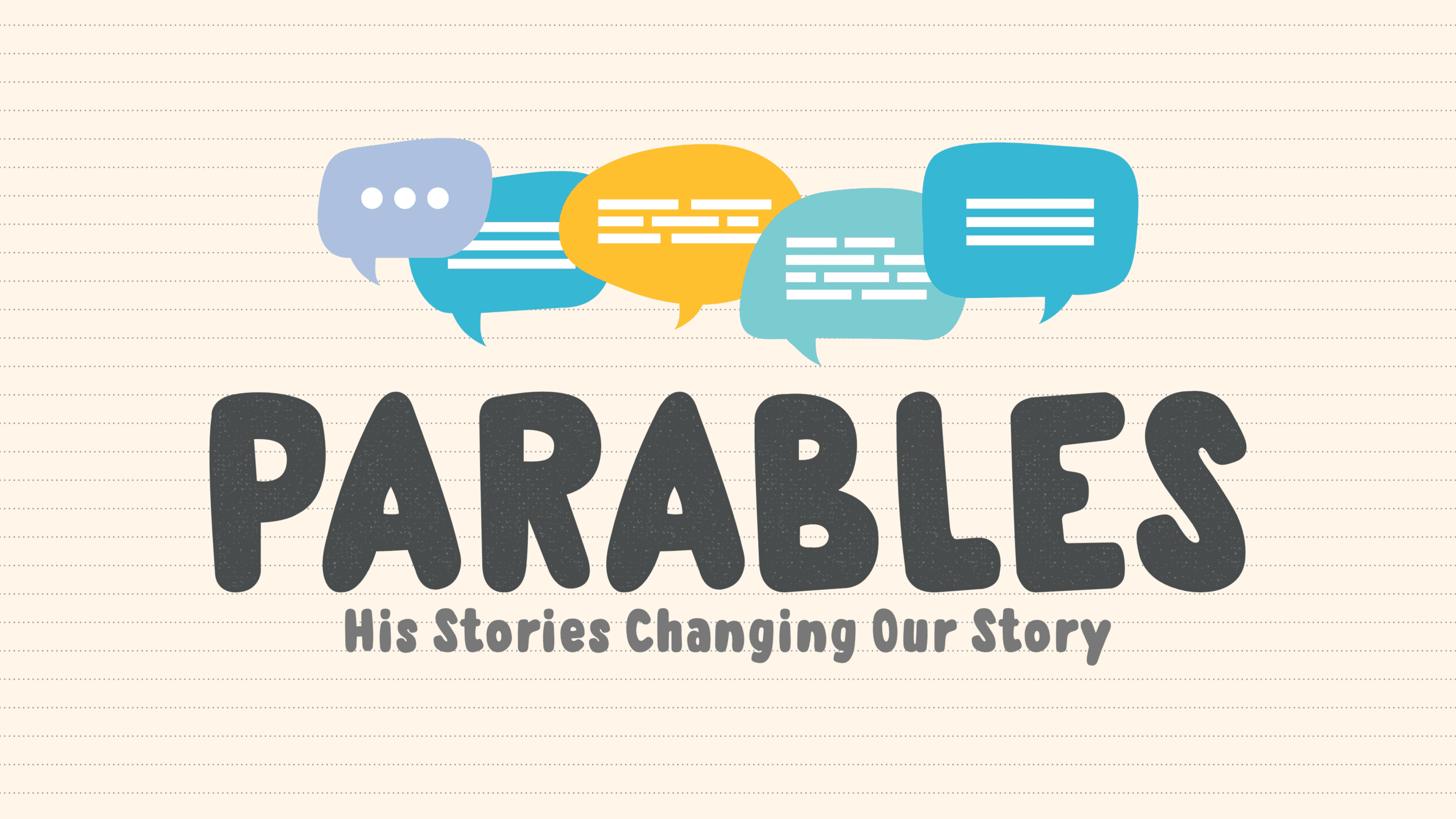Growing up, old Westerns were a particular favorite for my grandfather. The Spaghetti Westerns of Clint Eastwood were a particular favorite. Perhaps the most famous of this genre is the classic film (cue Theme song), The Good, The Bad, and The Ugly, which weaves the stories and accounts of three characters. The hidden irony of the film is that, with the exception of the Ugly, identifying which character is the Good or the Bad is quite difficult since all of the characters have extremely questionable ethical standards. Using a similar paradigm, we will evaluate the Parable of the Pharisee and The Tax Collector; however, instead of the Bad and the Ugly, we will seek to understand what is the Good, who is the Pharisee and The Sinner.
The Good
The late German Theologian, Dietrich Bonhoeffer, himself sought this question in his work Ethics. One of his primary points worth noting is that, to follow Christ, we must overcome our judgement over what is Good and Evil. In the garden, man sought to Knowledge of Good and Evil, not in obedience to their Creator, but in disobedience. This act of defiance put a wall of separation between the source of the Good and mankind. As a consequence, goodness becomes a means rather than an end in-of-itself. It’s a means for us to glorify ourselves, for us to lord over each other, a means even to bargain with the divine for blessings. Using the Biblical example of the Pharisees, Bonhoeffer explains, “The doing of the Pharisee is a judging of other human beings that is intended to be public, even if it be only the public of one’s own ego; it seeks to be seen, judged, and acknowledged as good, even if only before one’s own ego (Bonhoeffer, Ethics, 314).” The Good that Christ demands is completely different than this self-gratifying goodness. It is the goodness of those who, when hearing of their goodness ask, “Lord, when did we see you hungry and feed you, or thirsty and give you drink? And when did we see you a stranger and welcome you, or naked and clothe you? And when did we see you sick or in prison and visit you? [Matt. 25:37-39]” The Good of Christ is goodness that does not recognize its own self, because it is sourced in another and it is for another.
The Pharisee
In Jesus’s Parable, a Pharisee is one of two men who go to pray. The purpose of each prayer is different. For the Pharisee, the prayer is to show gratitude towards God for his own goodness. As he proclaims for all to hear, “God, I thank you that I am not like other men, extortioners, unjust,
adulterers, or even like this tax collector. I fast twice a week; I give tithes of all that I get [Lk. 18:11-12].” Here we recognize the self-seeking good described by Bonhoeffer. But what we must not do in our reading here is be as the Pharisee, judging his presumption of goodness. And we also must not vainly proclaim, “Judge not lets you be judged [Matt. 7:1].” We are at times called to admonish each other in order to maintain the holiness of the sacred community and that includes expulsion for unrepentant believers [1 Cor. 5:1-6]. With that cautionary note, let us then
recognize the example of the Pharisee in order to remove the speck in our own eye [Matt. 7:5]. In this example, we do not find ourselves judge and jury but defendants alongside the Pharisee. We recognize that we often use God’s goodness and his commands as a means of lording ourselves over and against each other. We do this by how we judge each other on how we dress, the movies and shows that we watch, how we conduct ourselves in our romantic relationships, etc. It is never enough to simply pick up our crosses and follow Christ, we must add crosses for each other to bear. That is the nature of the goodness of the Pharisee—a heavy yoke.
The Sinner
In contrast with the Pharisee, the Tax Collector prays, “God, have mercy on me, a sinner [Lk. 18:13c].” This cry of repentance is the response of repentance which God desires from all of us. In contrast with the Pharisee, the Tax Collector’s recognition of his status, his need for God’s mercy is what justifies him. As Paul to the Romans notes, “That he [God] might be just and the justifier of the one who has faith in Jesus [Rom. 3:31].” It is God who alone stands as the source of our salvation. Furthermore, rather than looking outward towards the goodness and wickedness of others, his cry is internal; a self-recognition of his depraved state before not man but God.
But a question remains, how can we seek to do good without falling prey to the Pharisaical trap? Bonhoeffer provides a dual answer in which he suggests that we strive to do the Will of God rather than our own will, and secondly, we strive to do rather than judge. As he explains, “Only in doing does the submission to the will of God happen…Holy Scripture insists so emphatically on our doing because it intends to deprive us of any self-justification before God that is grounded in our own knowledge of good and evil (Bonhoeffer, Ethics, 326).” Judging others before the
Law ultimately keeps us from doing the Law, as James argues [Jm. 4:11]. And this doing is ultimately rooted not in the heavy yoke of the Pharisee, but in the God who proclaims, “Come to me, all who labor and are heavy laden, and I will give you rest [Matt. 11:28].” Therefore, let us seek to echo the example of the Tax Collector. Let us seek not to judge others based on our own goodness but rather seek to do the Will of God in our everyday lives. Let us encourage one another to live out the calling of righteousness, to be Holy as God is Holy. That is
the call of Jesus to the Pharisee. That is the call of Jesus to ourselves.











